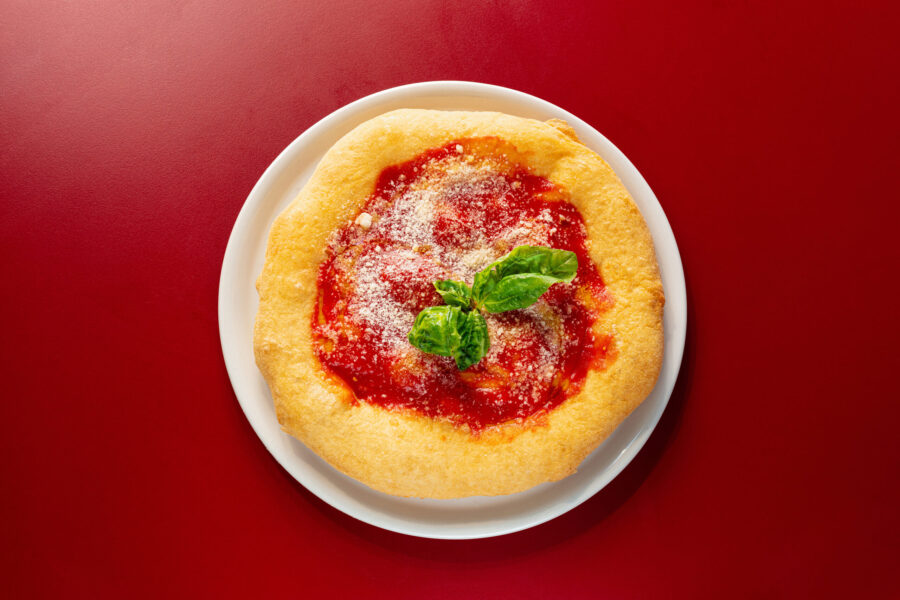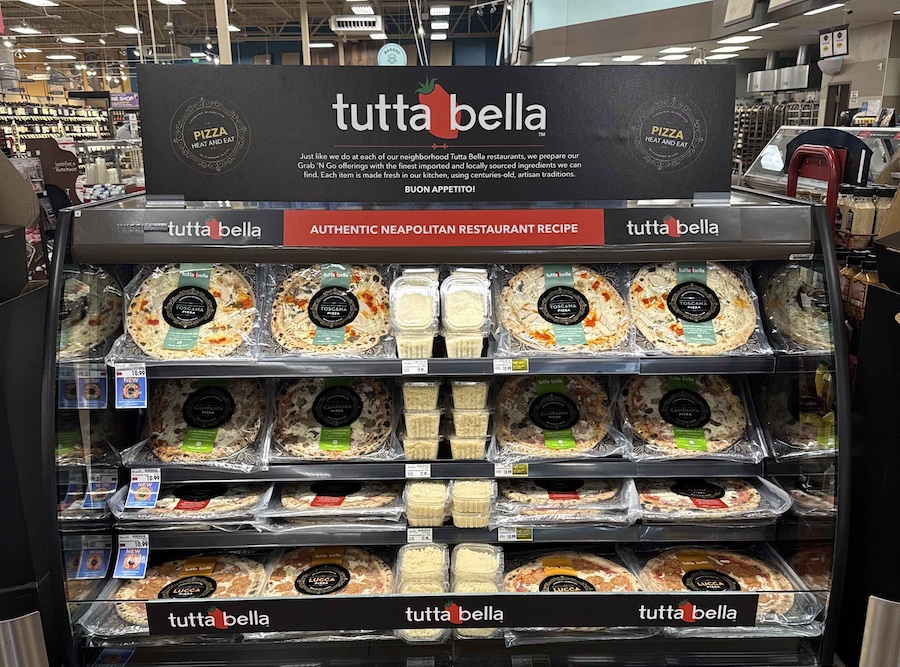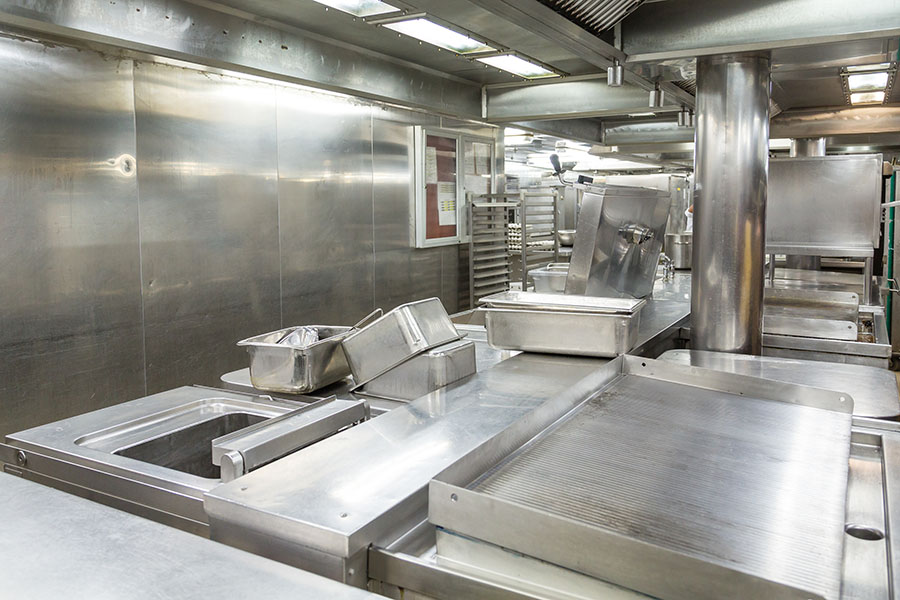
We are in a cash business. We have cash everywhere. In the cash drawers, delivery wallets, petty cash box, night deposit and office. I wouldn’t begin to estimate how much cash has been stolen from me. The amount would probably make me ill. I can document close to a hundred thousand dollars. It’s been said that 25 percent of your employees wouldn’t take anything from you. 50 percent will occasionally take something if the chances of getting caught and prosecuted are slim. The remaining 25 percent are constantly figuring out ways to rip you off.
The National Restaurant Association attributes 30 percent of all restaurant failures to employee theft. According to them, restaurants lose more than $9 billion dollars a year to theft.
There are many reasons employees steal: they have a psychological disorder or think you’re rich or need money urgently, etc. They don’t just take cash, but will steal food, inventory, trade secrets, personal possessions, equipment and supplies and database information.
Their methods are diverse as well. They’ll under-ring orders and pocket cash or under report delivery sales. Petty cash is an easy target. They’ll give away unauthorized comps to their friends or intentionally mess up an order. They’ll leave you and take your recipes or mailing lists to competitors.
By far, cash is the primary target. In today’s tough economy even saints can be tempted. Technology has again helped by developing an online behavior trait test for all new applicants. In 30 seconds after a quick quiz a manager can get a numeric score on an applicant and see what their ethic / honesty number is. Here are some successful tactics I used to minimize cash theft.
If I suspect that a cash drawer is being pilfered, I’ll do two things. First I’ll over load the starting cash by $20 or so. When we reconcile the drawer to the register reading, it had better be twenty bucks over. Then I’ll do surprise drawer swaps in mid-rush. The under-ringers keep counters in the drawer. They ring up $10 and charge the customer $20. They quite often keep track of how much the till is over by placing coins in an unused slot in the drawer. Before the shift is over they pick the time to pull the under ringed cash and pocket it. A surprise random drawer switch and count will often show the overages. Overages are more troublesome to me than shortages.
For many years anyone could ring up sales at my pizzeria. Since we didn’t assign and hold responsible one person on a drawer, shortages were quite common. If you assign a drawer to one person, they become solely responsible for the drawer balancing. Things that are measured always improve. If the cashier can’t make the drawer balance within one percent of perfect on three occasions, then they won’t be allowed to touch any more money. I know this will slow down your system. If your bank and every major retail operation in the country can do it, tell me again why you can’t. You may need to bring in one more person for 10 hours a week to accomplish this. Whenever you allow a free-for-all in the cash drawers you might as well put up a sign that says “Take all you need. Just leave me a little bit to pay the bills with.”
Petty cash and night deposits are tempting targets for the criminal element. Again, accountability is key. Only the manager has the key for petty cash and two people count the deposit and sign the deposit slip at closing. I’m a much stronger believer in using technology as a deterrent. CCTV (closed circuit television) has been the difference between success and failure in many operations. New technologies will allow owners and managers to watch the operations remotely on their computers from anywhere in the world. I like a camera over the cash register, one over the make line and one at the front and back doors. At one time I resisted CCTV because of privacy issues, but I made a new decision after helping catch thieves that had come close to bankrupting several of my clients. When a cash drawer or driver is being balanced you never tell them how much they owe. They count it and you see how close to perfect they are. If you tell them in advance they will force the number every time. Even more valuable than your cash is your mailing list.
This data is the lifeblood of your restaurant. It usually contains every customer’s name, address, phone numbers; email addresses, lifetime and period purchases. How much would you be willing to pay for this data from your most hated competitor? If you could put your hands on this info you could target market to these families over and over until they tried your pizza. I have legally obtained this info from my competitors because they were sloppy. It cost them dearly. Password protect your lifeblood — otherwise disgruntled or low ethical employees could download your info and sell it.
Employee theft with delivery drivers has almost taken down several chains. Before POS systems were customized for pizzerias it was relatively easy to steal big money every week. POS systems made this challenge a lot more difficult but certainly not impossible.
Coupons are generally deducted at the time the drivers settle up. They can cut and pass off coupons for legitimate discounts and often do. My stance was whatever was quoted to the customer at time of order was collected. Once in a great while a customer produces a coupon they forgot to mention when they ordered. Drivers may not honor them at the door. The customer must call the store manager and get the discount approved on their home phone. The coupon shuffle really drops off after you implement this. Assigning deliveries to another is another way unscrupulous drivers penalize their fellow workers and personally profit. I think the fingerprint recognition at terminals is the only way to go. Passwords are shouted across the store but fingerprints can’t be altered. I made it a practice to call back delivery customers and survey them on meal quality and service. I asked open-ended questions and asked them to give us a number between 1-10 based on their experience and then I asked them why. Great information is gathered this way.
To Catch a Thief – Delivery
- Have a Zero tolerance policy on unpaid deliveries
- Coupon Shuffle
- Call back customers and survey them
- No co-mingling of cash, (drivers must keep personal and company money separate at all times)
- No assigning deliveries to others
- Watch for Un-authorized discounts
Shhh! It’s a Secret.
Equally important as your cash, perhaps more so, are your trade secrets. They should be protected by confidentially and non-compete agreements. In the old days it was a visit from a bone breaker if you forgot. Now you will need to stay above the law and sue in civil court. I’ve been an expert witness 3 times and the court has always found for my clients. Protect all of your sensitive date and lock it up. Employees aren’t managers and seldom need to know all of the details.






